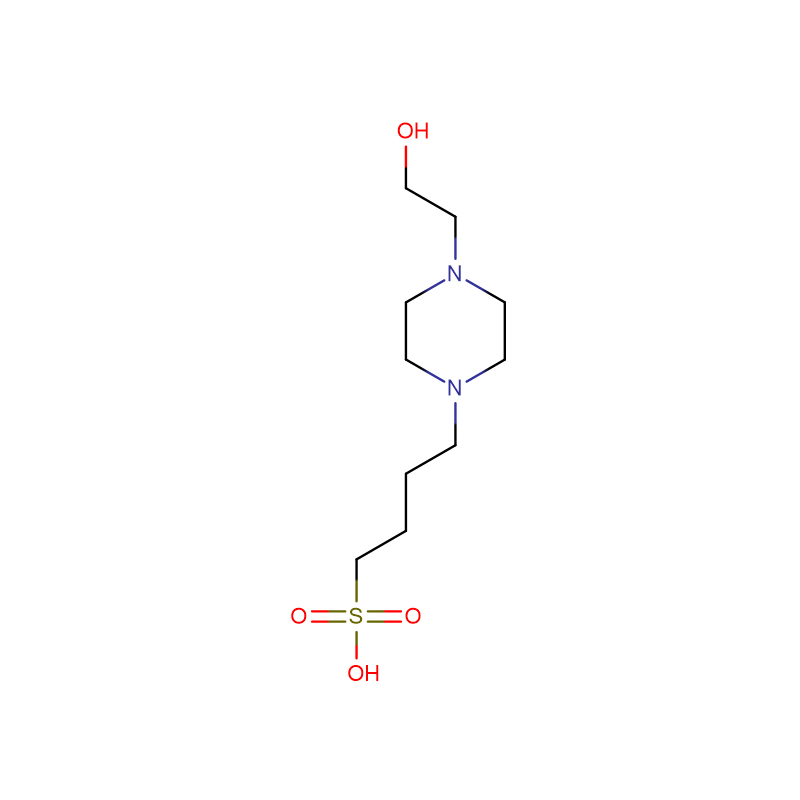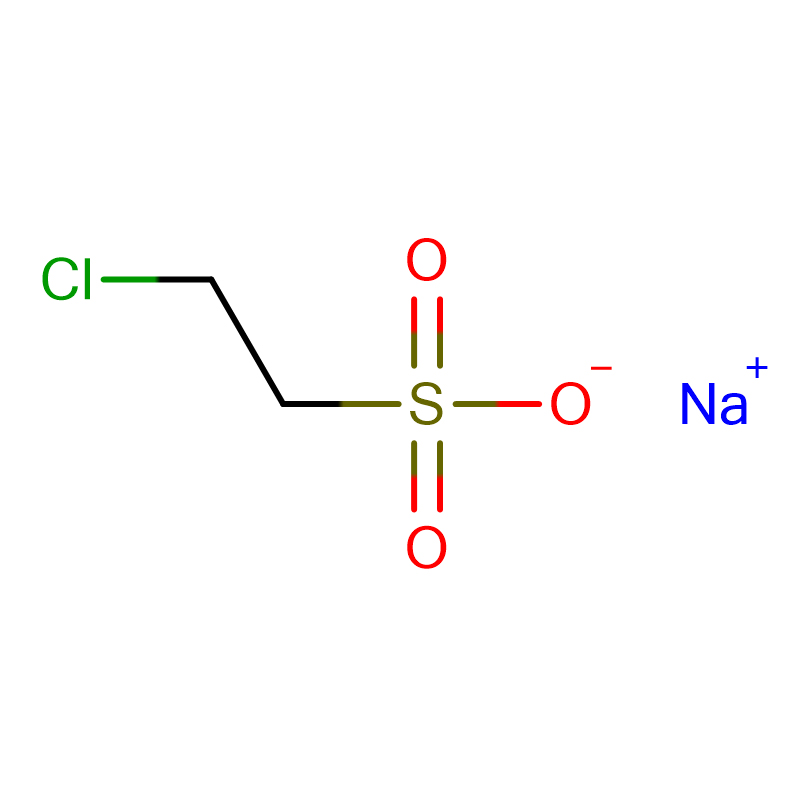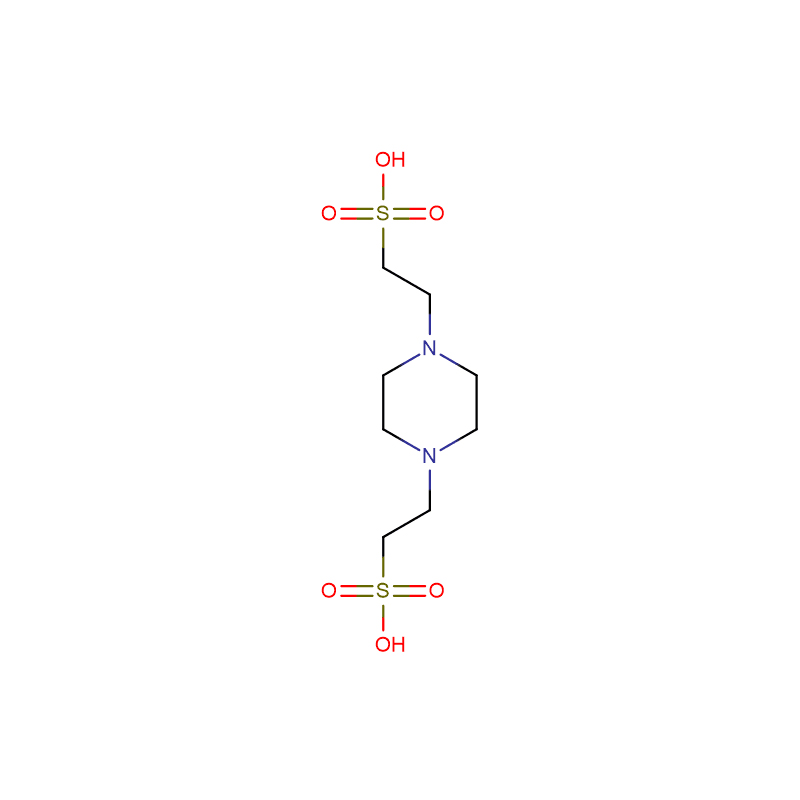Bis[2-Hydroxyethyl] imino Tris-(Hydroxymethyl)-methane Cas: 6976-37-0 99%
| Catalog Number | XD90111 |
|
Product Name |
BIS-TRIS (Bis(2-hydroxyethyl)amino-tris(hydroxymethyl)methane) |
|
CAS |
6976-37-0 |
|
Molecular Formula |
C8H20NO5 |
|
Molecular Weight |
210.2476 |
|
Storage Details |
Ambient |
|
Harmonized Tariff Code |
2922190090 |
Product Specification
| Heavy metals | <10ppm |
| Residue on Ignition | <0.1% |
| Pka | 6.3-6.7 |
| Appearance | White Crystalline Powder |
| Solubility (1M in H20) | Clear and Complete |
| pH (1M in H2O) | 9.0-11.0 |
| Moisture (LOD) | 1.0% max. |
| Assay (Titration on dry basis) |
99.0% min. |
Buffer, used for the detection of creatine-creatinase; also used for effective protection of hemoglobin in freeze-drying; catholyte, used in IEF/2-D gel electrophoresis.
Glial cell line-derived neurotrophic factor (GDNF) is a potent inhibitor of ethanol consumption and relapse, and GDNF heterozygous knockout mice display increased reward sensitivity to ethanol and consume more ethanol after a period of abstinence than their wild-type littermates. Here, we tested whether ethanol alters GDNF expression in the ventral tegmental area (VTA; GDNF's site of action) and/or the nucleus accumbens (NAc; the main source of GDNF), and if so, determine the role of the endogenous growth factor in the regulation of ethanol consumption. Systemic administration of ethanol increased GDNF expression and protein levels in the VTA, but not the NAc. Additionally, GDNF levels were elevated after an ethanol-drinking session in rats that consumed ethanol in the intermittent-access two-bottle choice procedure for 1 week, but not 7 weeks. Deprivation following 7 weeks of excessive ethanol intake reduced GDNF levels, while a short ethanol binge drinking period following deprivation upregulated GDNF expression. Importantly, knockdown of GDNF within the VTA using adenovirus expressing short hairpin RNA facilitated the escalation of ethanol drinking by ethanol-naïve rats, but not by rats with a history of excessive ethanol consumption. These results suggest that during initial ethanol-drinking experiences, GDNF in the VTA is increased and protects against the development of excessive ethanol intake. However, the growth factor's protective response to ethanol breaks down after protracted excessive ethanol intake and withdrawal, resulting in persistent, excessive ethanol consumption.


![Bis[2-Hydroxyethyl] imino Tris-(Hydroxymethyl)-methane Cas: 6976-37-0 99% Featured Image](https://cdn.globalso.com/xdbiochems/6976-37-0.jpg)


![BES Cas: 10191-18-1 White powder 99% 2-[N,N-Bis(2-hydroxyethyl)amino]ethanesulfonic acid](https://cdn.globalso.com/xdbiochems/10191-18-1.jpg)


